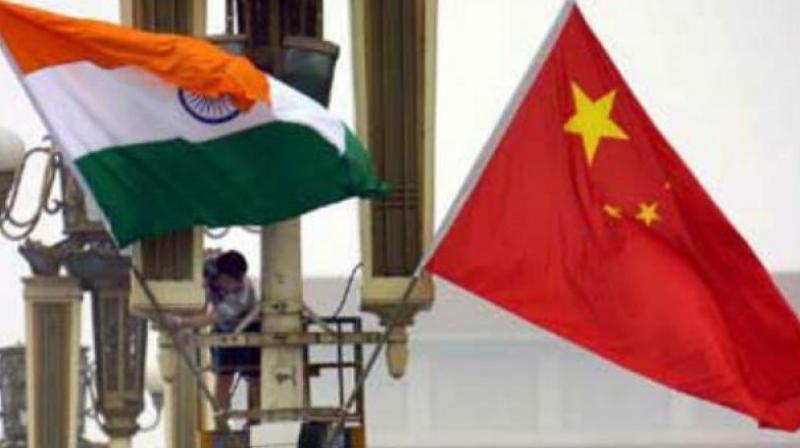Modi's foreign policy in need of urgent reset

Consider the past and you shall know the future, says a Chinese proverb. That is something the Narendra Modi government did not keep in mind when it embarked on its ill-considered move to confront the Chinese on the Doklam border row last year. An aggressive stance as India knows to its cost since the bruising 1962 war has never helped it to get the better of China.
But the past was ignored by the BJP regime which has thoughtlessly needled the Chinese over the past three years. The nadir was reached with Doklam. China began building a huge military complex in mid-January, close to the site where Indian troops had been despatched rather impetuously to stop the construction of a road in July 2017. Beijing asked India not to interfere in “legitimate” infrastructure development in its sovereign territory.
Some lessons appear to have been learned. India is now going all out to address China’s sensitivities. Institutional frameworks that were given short shrift earlier are back at the centre of a more realistic policy that is being pieced together by the ministry of external affairs. The architect of the salvage mission is new foreign secretary Vijay Gokhale, a seasoned China hand, who appears to be well regarded by the authorities in Beijing. Last month, Mr Gokhale’s meetings with top Chinese officials resulted in a decision by the two sides to initiate a sustained level of dialogue which will include external affairs minister Sushma Swaraj’s visit to China. It is hoped that by the time Mr Modi meets Chinese President Xi Jinping on the sidelines of the Shanghai Cooperation Organisation summit in June in Qingdao, relations between the two countries would have been set on a firmer footing. The question is how willing Modi supporters and the BJP’s ideological mentor, the Rashtriya Swayamsevak Sangh, are to accept the new reality. Convinced of their latent superiority, the saffron brigade of Hindu supremacists believes China is a competitor that needs to be contained and that India and the US are natural allies in such a project. Besides, there is the deep-rooted yearning to avenge the defeat of 1962.
The MEA is taking a more pragmatic view of geopolitical realities. The official release on Mr Gokhale’s talks in Beijing notes the “need to build on the convergences between India and China and address differences on the basis of mutual respect and sensitivity to each other’s concerns, interests and aspirations”. That explains why MEA was able to persuade the government to issue a circular asking senior officials not to attend functions marking the 60th anniversary of the Dalai Lama’s exile in India. With ties to all its neighbours in tatters and allies turning hostile, Mr Modi is staring at a largely blank balance sheet. The reset in relations with China is likely to have an impact on Delhi’s dealings with Islamabad, too. The frustration with the government’s inability to deal with the volatile Pakistan border prompted a general to state that “restoring ceasefire requires statesmanship, not brinkmanship.”

